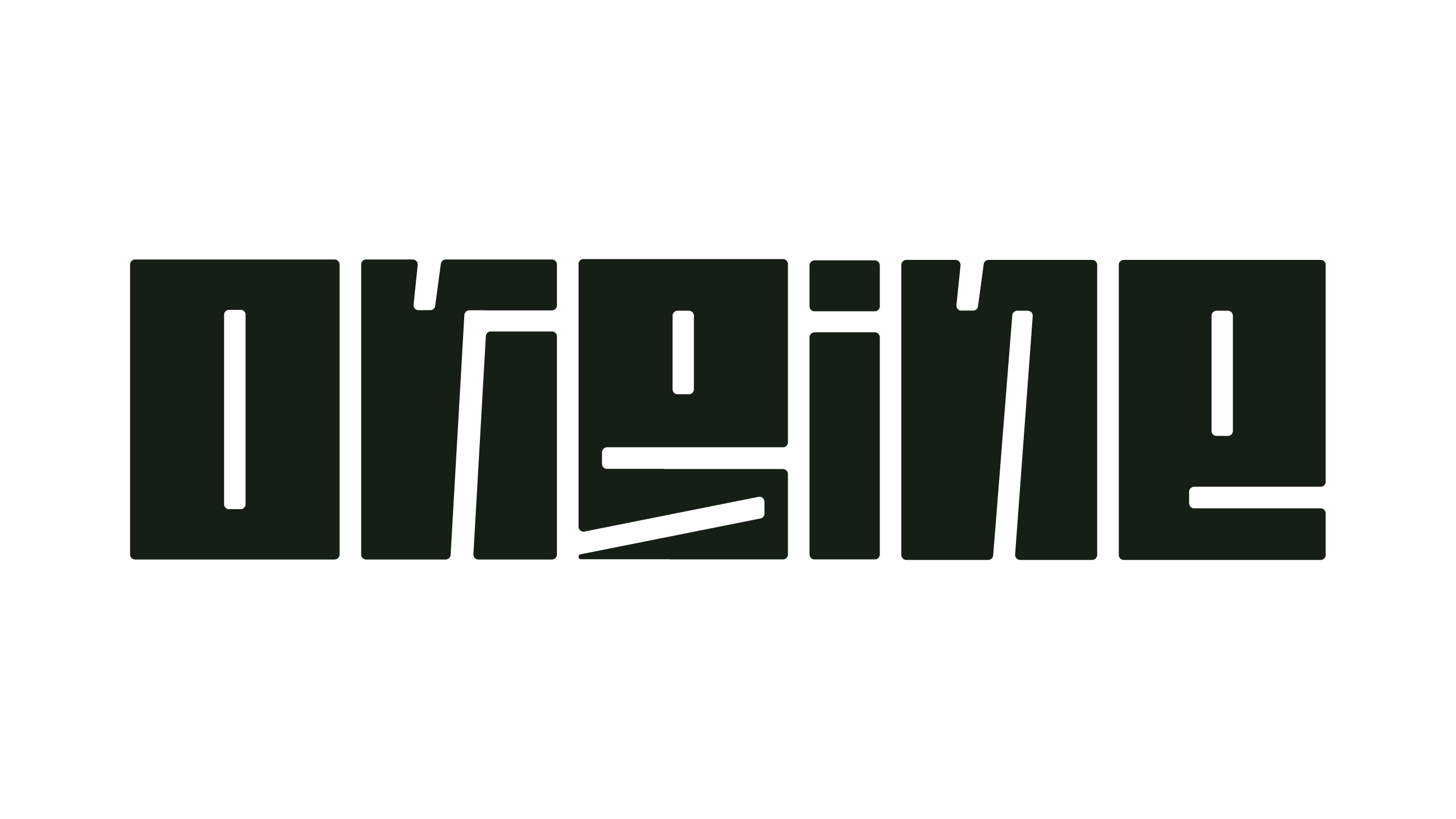The Cybersuns
Who hasn't dreamed, when opening their bedroom curtains to a gray sky, of being able to snap their fingers to order a Florida sun? Teletransportation is not yet within our reach, but fruits and vegetables, they enjoy a head start. Thanks to the light of Sollum Technologies , a company established since 2018 in Old Montreal, lettuce, tomatoes, herbs, root vegetables, peppers, strawberries, and even Buddha's hands can now thrive in a greenhouse under the 100% pre-programmed rays of any latitude.
This revolutionary smart lighting system is thanks to Louis Brun, the company's CEO, and his founding partners, François R.-Moisan and Gabriel Dupras. By using light-emitting diode (LED) semiconductors optimized by algorithms his team developed, it is now possible for a grower to maximize the energy that is directed at the plants. This bombardment of beams allows to substantially increase their growth, their quality and productivity.
But be careful! While the technology the electrical engineer has mastered is LED-based, it's nothing like, say, the mindless LED Montreal is currently installing on its 132,000 streetlights. The solution his company has developed can be dimmed at will and offers the full spectrum of natural sunlight with 99% accuracy. It's a far cry from a simple ON-OFF switch!
We are able, for example, to reproduce a sunrise in Japan at a specific date and time of year.
“ Our lamps were created to become a smart object. Each of our luminaires is equipped with a microcomputer. All are interconnected through a network that is able to control all the parameters from a platform that we have called The Sun at Your Service ™ . We are able, for example, to reproduce a Japanese sunrise at a specific date and time of the year. We can program it to awaken a specific type of plant, to reproduce the nuances of light that are the colors of the rainbow. It is designed to adapt to different types of crops. This allows us to optimize their growth and grow a greater quantity and variety of plants than standard LEDs. ”
Last year, noting that the industry had reached a level of maturity, Sollum decided to deploy its technology on a large scale. At the DEMERS Greenhouses in Saint-Nicolas and Allegro Acres in southwestern Ontario, the company irradiated no less than two hectares of greenhouses with light. The results demonstrated that their solution could generate the expected yield in a real, commercial setting. And the results were so conclusive that Allegro Acres chose to deploy Sollum's solution on eight additional acres.
To date, Sollum has focused primarily on productivity. This has been successful, as a variety of greenhouse-grown plants have achieved average growth parameters of between 11% and 39%, significantly reduced harvest times, and fresh produce for longer after harvest.
But there's no question of stopping there for the entrepreneur in his early fifties. He's already begun to push the use of his algorithms further to develop new "solar recipes." By evolving lighting protocols, this visionary can, among other things, increase the sugar and vitamin C content of strawberries, enhance the crunchiness of arugula, and enhance the flavor of tomatoes. As if they were growing in the field. Thus, by supporting increased availability of products that appeal to consumers, he can contribute to food self-sufficiency.
To top it all off, Sollum's smart lighting solution uses 30% less energy than the sodium luminaires still used in greenhouses. Even better! They're three times less polluting to manufacture. And it's Made in Quebec , please!
Since the start of the pandemic, Louis Brun, who is on his fourth start-up in the field of new technologies, has nevertheless managed to double his workforce, going from around twenty to around fifty employees. Is it any surprise that the engineer has just been selected to join the 2021 cohort of Fellows of the C100 ? The only Quebec executive this year to have the privilege of participating in this collective of leading businessmen from technology companies, he says he is delighted to be able to benefit from the advice of experienced mentors, personalized networking, and their experience.
In the long term, this father of four still dreams of revolutions. He's not ruling anything out. In the absence of ventilation, schools could one day be equipped with his "algorithmic" lighting to improve children's well-being. It could eventually be used to promote the health of cows in stables. Once the game is over, could we also dream of growing oranges there? A bright future is on the horizon.




